Published
- 02:00 am

Spectrum Markets, the pan-European trading venue for securitised derivatives, announced it has now executed more than two million trades, representing a total volume of 585 million securitised derivatives traded. This major milestone comes less than 18 months after it first launched, with Spectrum’s 24/5 trading hours continuing to prove particularly popular.
The ability for retail investors to respond quickly to global news events at any time has been a strong driver of Spectrum’s business to date, with 37.6% of all trades happening outside of traditional trading hours (i.e. between 17:30 and 9:00 CET).
"When it comes to the demand from retail investors for out-of-hours trading, the direction of travel is very clear, and our latest numbers demonstrate this once again. Whether it is the US elections, Brexit, or unrest in Hong Kong, traders follow the news and understand the impact of 24-hour global events on financial markets, and want the option to act on that straight away,” explains Michael Hall, Head of Business Development at Spectrum Markets.
In spite of being a shorter trading month, investors were very active in February, trading 66.1 million securitised derivatives across all 21 underlyings listed on Spectrum, with the strongest beneficiary being the Scandinavian equity index OMX 30. The proportion of OMX 30 derivatives traded increased for the second time in a row to reach 36.1 percent of the monthly total trading volume, up from 31.6% in January and 21.5% in December.
Second and third most popular underlyings were the S&P 500 with 19.7%, up on January’s 17.8%, and the DAX which at 14.9% dipped slightly from the previous month’s 16.8%.
"It’s encouraging to build on our progressive start to the year, underlining Spectrum Markets' growing importance as a pan-European trading platform for securitised derivatives. To hit two million trades in less than 18 months is an important milestone that is mirrored by the strong appetite and demand from financial institutions across Europe for efficient, cost-effective and innovative trading solutions for their retail customers,” adds Michael Hall.
Spectrum Markets is a pan-European marketplace where retail investors can invest in structured products via their brokers. From its launch, trading has been available in the following countries: Germany, France, Italy, Spain, Sweden, Norway, the Netherlands, Ireland, and Finland.
Related News
- 04:00 am

The Emerging Payments Association (EPA), which promotes collaboration and innovation across payments, has today published a new paper that shows the serious problem of financial exclusion in the UK and how innovation in Fintech can allow people to access affordable credit. This comes at a time when over 10 million adults in the UK cannot access affordable credit, often because of low credit scores or badly designed credit products. However, new financial technology, most notably inclusive credit, can offer a way out of precarity for millions of people.
Having endured a year since the start of the COVID-19 pandemic and the economic hardship it entailed, the UK looks set to rebound as Chancellor of the Exchequer Rishi Sunak revealed his 2021 financial budget yesterday. Undoubtedly, many citizens of the UK are worse off than they were this time last year, and with insecure incomes, a job that has been furloughed or no job at all, many people are turning to credit to cover monthly expenditure against income losses. However, the current market does not cater for this increase in demand - instead, over 10 million adults cannot access affordable credit, a problem known as financial exclusion.
The credit arena has not seen enough innovation, and due to consumer protection regulation and an uncompetitive market, consumers are forced to turn to high-cost credit (often so-called ‘payday loans’), which can trigger a spiral into debt, with 14.2 million people currently at risk of ‘problem debt’. However, the report ‘Low-Cost, High-Tech Credit: Solving financial inclusion through innovation’, released today, seeks to inform policy-makers and the regulators across the Fintech and payments community about the difficult challenges consumers are facing, whilst also highlighting some of the inclusive Fintech companies who are helping them.
Insight for the report was collected through 10 in-depth interviews with industry stakeholders from charity organisations, Fintechs, credit providers and academic institutions and is split into four key sections:
- Consumer Credit: Highlighting why people use credit, why it costs the consumer so much right now and how the lack of tailored credit products, both in product design and the business models of providers, is a definitive cause of financial exclusion.
- Financial Exclusion: Explaining why people cannot access credit and can therefore fall into problem debt. It also details the harm that this high-priced credit and financial exclusion can cause.
- Inclusive Fintech: Fintech firms are well-placed to shake up the market and make affordable credit available to millions more people. The report showcases key areas of innovation, including improved customer data, new means of assessing and decreasing risk, inclusive product design and alternative business models.
- Market Overview: Exploring several Fintech firms disrupting the credit landscape today. These firms are innovating in areas like credit building, using open banking to assess lending risk and buy now, pay later schemes to enable lower cost and risk for both parties. The report also seeks to provide a market overview of the Fintech firms that are well-placed to shake-up the market and make affordable credit available to millions of people.
Tony Craddock, Director General of the Emerging Payments Association, commented: “With the industry changing at pace, it is important we don’t leave people behind. We have already seen many turning to short-term credit sources to make ends meet through the pandemic. However, whilst the demand for affordable credit has increased, supply has diminished. Our industry must adapt its products to fit in with people’s lives rather than having products that leave many behind.”
Josh Berle, Business Development Director, Mastercard, and Lead of EPA Project Inclusion, added: “We’re excited to have produced this important assessment of the market for affordable credit – which is more important than ever given current economic circumstances. I’m particularly proud that Project Inclusion has been able to mobilise over the past year to add critical value in such a range of related arenas despite the impact of the pandemic on our prior working practices.”
EPA’s Project Inclusion aims to drive industry activity to address financial exclusion and to provide clarity on Fintech innovations and solutions that reduce financial exclusion. This report is part of Project Inclusion’s work programme, seeking to highlight examples of best practice by payment firms and by encouraging others to think and reflect on how they can support these groups at risk of exclusion.
To download your copy of the report, please visit: www.emergingpayments.org/whitepaper/low-cost-high-tech-credit-sponsored-by-solving-financial-inclusion-through-innovation/
For more information on the work and services of the EPA you can visit: www.emergingpayments.org you can speak directly to the EPA at: info@emergingpayments.org
Related News
- 03:00 am
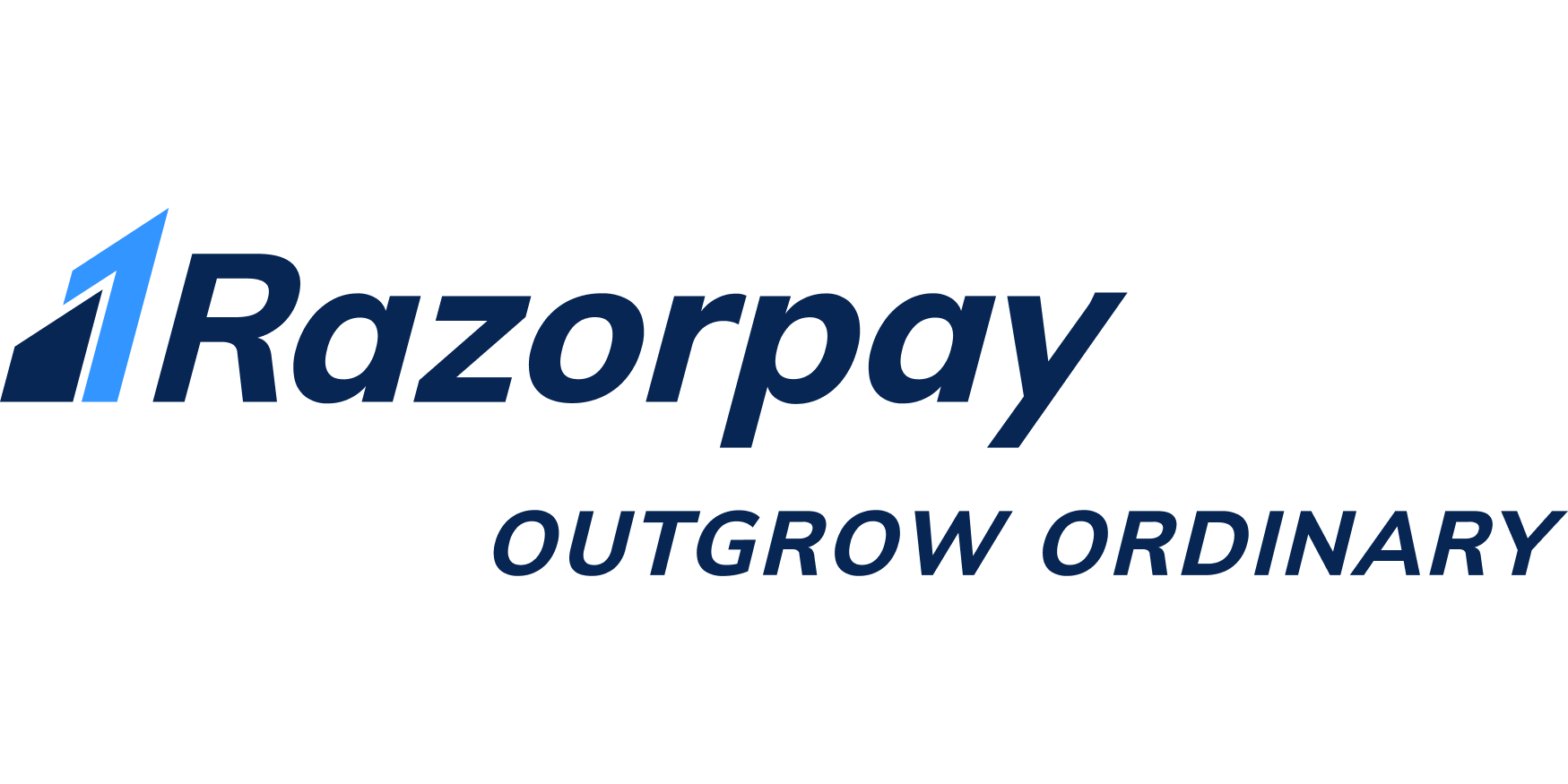
One of the recently crowned FinTech unicorns, Razorpay announced its third ESOP (Employee Stock Ownership Plan) Buyback program worth $10Mn (INR 73 Crore) for its 750 employees. All existing and former employees of Razorpay who hold vested stocks will be eligible to sell up to 33% of their vested ESOP shares. Sequoia Capital India and GIC, two of Razorpay’s key investors will be the buyers involved in this development.
ESOP Buybacks in the startup industry have been a source of significant wealth creation for employees but it is not something that companies usually practice as an annual event. Razorpay is one of India’s youngest startups to have facilitated the ESOP Buyback program consequently for the last three years.
The share sale is expected to benefit employees across roles - from team leaders to support executives to administrative staff. Razorpay’s 1350 people team raised their $100Mn Series-D funding in October last year and the ESOP Buyback plan is a reflection of the faith that the company and its employees have instilled in each other.
Commenting on announcing its third ESOP Buyback for employee welfare, Harshil Mathur, CEO and Co-Founder, Razorpay, said: “We’ve always said and believed that our employees are the reason for every success that we have had. They turned an unprecedented year into one of the strongest years for Razorpay. And this ESOP Buyback is our little way of giving back to the employees for their contribution and a form of wealth creation for all, as it is important for us to ensure that our employees also grow along with the company. Our current and former employees, even as young as 23, will be eligible for this incentive, irrespective of ranks. The compensation will be rolled out to all our employees, be it software engineers, product managers, customer experience agents, or administrative staff. I believe there’s no better time than now to recognise the team for all their efforts and having trusted us in this journey.”
Razorpay was one of the very few early stage companies when its first liquidity event through ESOP encashment occurred in November 2018 for its 140 employees then. The transaction was done at a 50% premium to the valuation. The second ESOP sale event occurred in November 2019, during which approximately 400 employees were eligible. To date, the company has awarded ESOPs to 1000 employees, with current employees holding a majority share.
Despite most of Razorpay’s employees working remotely, the company has been able to turn the Covid-19 pandemic challenge into an opportunity. The company has hired over 550 employees in the last year and has also created cross-functional growth opportunities for its existing employees. Recently, the company also announced to hire 650 employees across Engineering, Product, Customer Experience, Sales and Marketing roles, in the next one year. Razorpay’s hiring plans are being driven by more investment in product development, customer experience and new additions to the existing product suite so that the company caters to the ever-evolving payment and banking needs of SMEs & MSMEs.
Currently powering online payments for more than 5Mn small & large businesses such as Facebook, IRCTC, CRED, Zerodha, Indigo among others, Razorpay has clocked in a healthy growth rate of 40-45% month-on-month and is geared to increase its merchant count to 10Mn by next year. Razorpay registered 3X growth in payment volume through SMBs that went online for the first time during Covid in 2020.
Related News
- 07:00 am
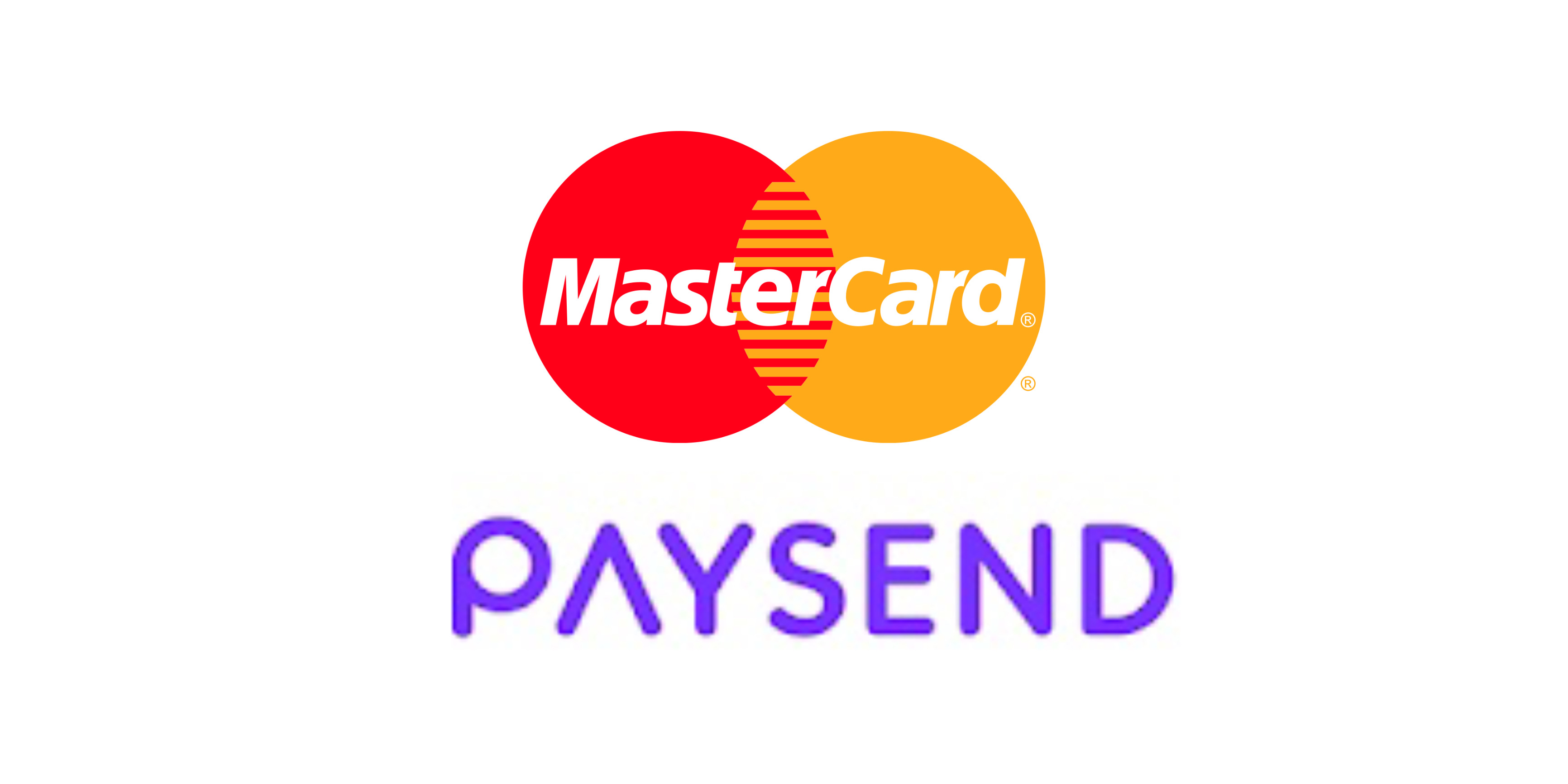
Global FinTech Paysend today announced a strategic partnership with Mastercard starting in the UK and EEA, which will be mutually beneficial as it will boost Paysend’s global reach and enhance both businesses’ customer base. Paysend is proud to be acknowledged a global partner for Mastercard in the definition of a new horizon for money transactions worldwide.
In January, Paysend reached the milestone of 3 million customers for its Global Transfer service, having experienced hypergrowth from the beginning of the global pandemic, as they have come to the aid of people around the world needing safe, secure, fast and low-cost ways to manage their money.
The new partnership with Mastercard will boost the potential of the new Paysend Global Account, combining its Global Transfer together with account/product services, so to boost Paysend market reach worldwide.
The new partnership with Mastercard will support Paysend’s global approach by offering a platform for strategic expansion, therefore increasing the capacity for inter-regional transactions.
“Our partnership with Mastercard will bring even more freedom to Paysend customers who want to hold, spend and send their money on a global scale,” Ronald Millar, Co-Founder & CEO of Paysend said. “We will be working with Mastercard on collaborations programmes to bring the benefits of our multi-currency service to more people around the world, so they can spend freely and flexibly on their travels”.
Jason Lane, Executive Vice President Market Development Europe at Mastercard added: “We are thrilled to be able to partner with Paysend. This partnership is an important milestone in delivering choice of payments, in particular in a cross-border environment, and allowing people to pay how they want, anywhere, anytime.”
Related News
- 09:00 am
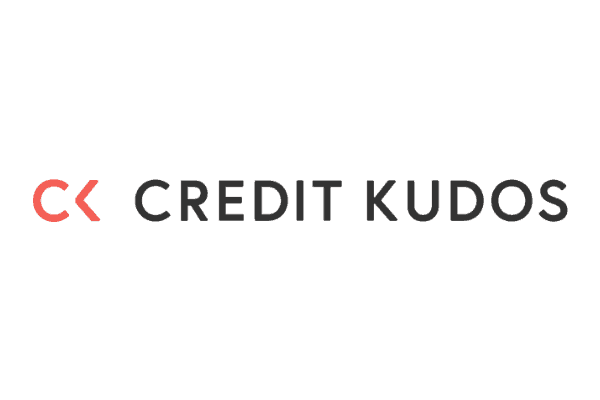
Atom bank is partnering with fintech Credit Kudos to further enhance its open data capabilities for business loan affordability assessments and deliver £1bn in lending over the next two years.
Unlike a traditional credit assessment, Credit Kudos uses Open Banking data to provide a holistic, up-to-date view of both individuals’ and business’ finances. This helps lenders understand the current financial position of the applicant and offer them the right lending at the right time – something that has become even more important during the pandemic.
Through this partnership, Atom will use Credit Kudos’ categorisation and risk insights to automate underwriting assessments, enabling real-time decisions and improving the customer experience compared to traditional paper based processes. The Durham based bank will be able to immediately verify income and understand what credit repayments a small business can afford.
The partnership between Atom and Credit Kudos will initially focus on secured small business lending with plans to expand this to unsecured business lending and to support its residential mortgage lending by the end of 2021.
In future, these enhanced insights will also allow Atom to offer loans to smaller and younger businesses which do not have assets to secure against finance, and Credit Kudos’ predictive forecasting will help Atom reduce the risk of defaults.
Edward Twiddy, Chief Customer Officer at Atom bank, said: “Our partnership with Credit Kudos will allow us to further expand the range and accelerate the pace of our lending. We’re delighted to be working with another fintech challenger to bring insights based on Open Banking data into the heart of Atom’s decision making - both for business customers and for our award winning mortgages. After a year when we’ve tripled the amount of business lending on our books, we’re now well set to take Atom on to even greater levels of efficiency and engagement thanks to the investment we’re making with Credit Kudos.”
Freddy Kelly, CEO and founder of Credit Kudos said: “Over the past year it’s been increasingly difficult for lenders to understand the current financial situation of individuals and businesses. Traditional credit reports are not up-to-date or extensive enough, but Open Banking data allows us to provide lenders with a real-time, holistic overview of an individual or businesses’ finances, as well as a prediction of future circumstances. Our partnership will help Atom bank make significant advances to its services and support even more small businesses in the coming months and years.”
Related News
- 04:00 am
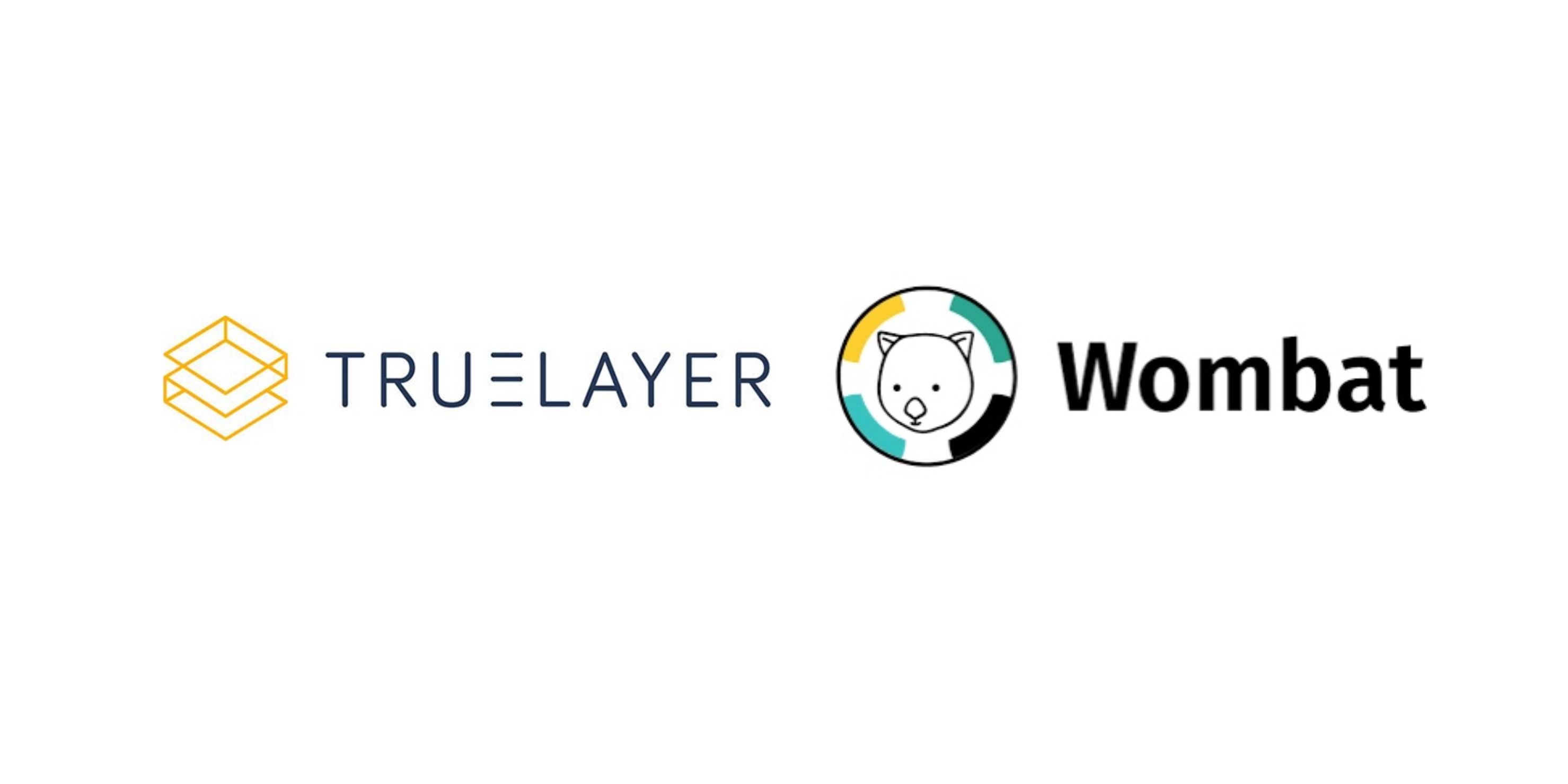
TrueLayer, the leading technology company building financial infrastructure that’s open to everyone today announced a new partnership with Wombat, the award-winning savings and investment platform. Using TrueLayer’s Payments API, Wombat is now providing its customers with the ability to instantly deposit funds into their investment accounts. After just one week of launch, 82% of Wombat’s one-off deposits are now being routed through TrueLayer.
UK-based investment platform Wombat aims to empower generations to, save, manage and grow their money by making investing easy. Powered by Seccl’s custody, trading and settlement API, Wombat offers Investment ISAs, fractional share investing for UK and US stocks, and 22 curated Exchange Traded Funds (ETFs) that help investors build a portfolio that reflects their specific interests. It also encourages positive investment habits through ‘set-and-forget’ features such as monthly automated saving and round-ups.
Wombat customers have traditionally funded their accounts through bank transfers, or cards, which can take days to credit into the investment account. Now with TrueLayer’s market-leading Payments API delivering instant, secure deposits, the majority of its customers are funding and building their investment portfolio in a matter of minutes, allowing Wombat to stay ahead of the changing markets.
“We believe our approach to investing makes us stand out against the competition because we can address a growing demand in the market that has not been attended to by any mobile trading service before, the everyday person who wants to get into investing,” commented Kane Harrison, CEO of Wombat. “The integration of TrueLayer’s Payments API aligns perfectly to our ethos of making investing easy, accessible and transparent. It is faster, more secure and gives our customers an enhanced investor experience.”
“Retail investing is booming, and as more customers look for services that help them save and invest, their expectations are changing. Innovative firms such as Wombat are embracing the benefits of open banking payments to differentiate and drive customer loyalty,” added Jamie Morton, UK Country Manager at TrueLayer. “Its customers have embraced it, with the majority now making their one-off payments through the open banking option after just one week. This doesn't come as a great surprise as we've witnessed a significant uptick in conversion rates with our Payments API, outstripping both card and alternative payment methods.”
Related News
- 02:00 am
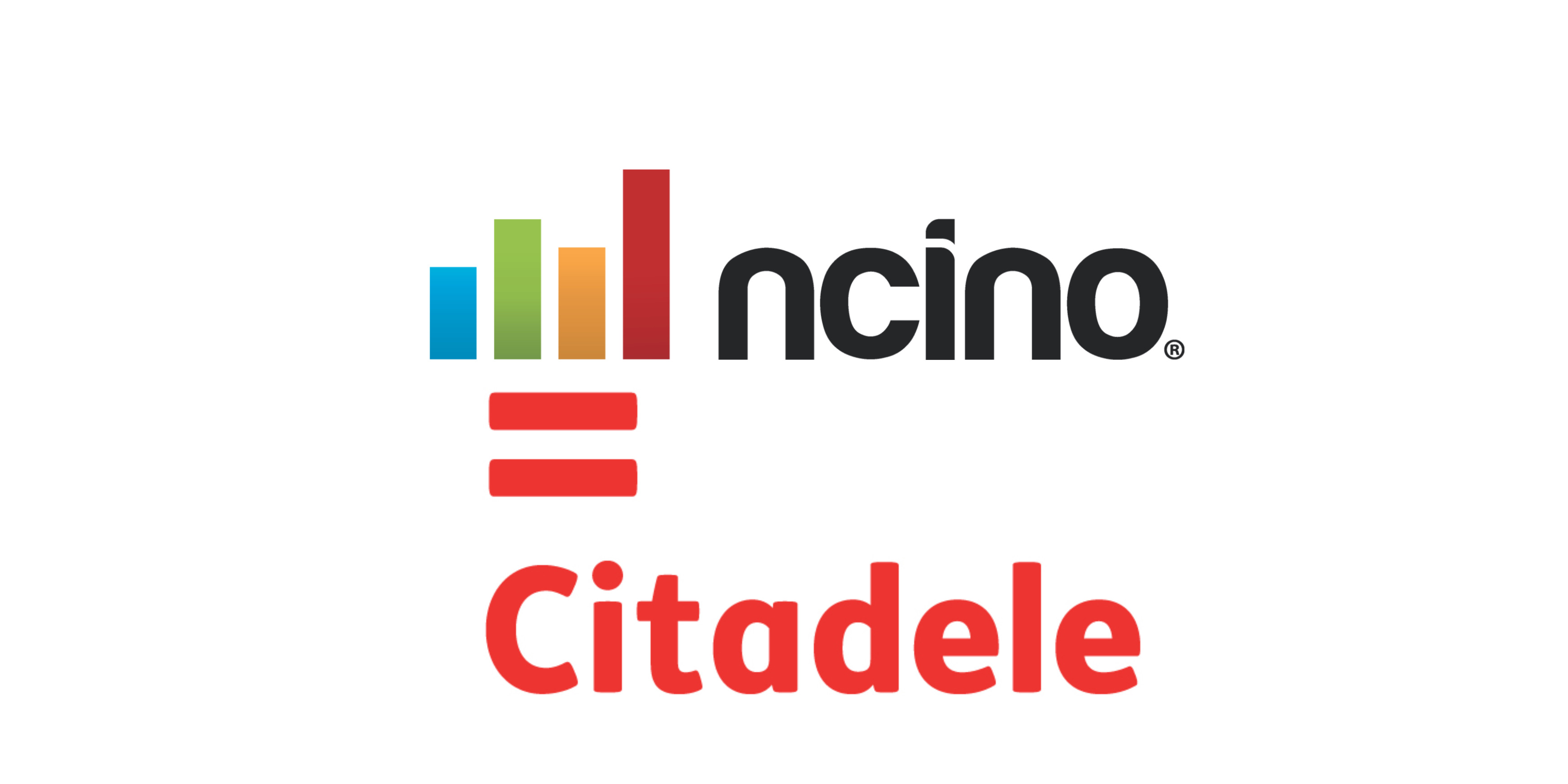
nCino, Inc. (NASDAQ: NCNO), a pioneer in cloud banking and digital transformation solutions for the global financial services industry, today announced that Citadele Bank, the second largest bank in Latvia by assets, will adopt the nCino Bank Operating System to help modernise its Corporate lending business in the Baltics. Citadele will use nCino’s platform to improve how applications for Corporate loans are processed and help drive greater efficiencies for its Corporate banking division.
Understanding the need to use modern technology to enhance the client and employee experience, Citadele sought to replace several legacy systems to create a more efficient loan origination process and have a truly digital lending platform with greater visibility at all stages of the loan process. Using nCino’s single platform, Citadele will be able to quickly and efficiently navigate Corporate and SME clients’ loan journeys and replace manual, repetitive employee tasks resulting in more meaningful interactions with clients.
Vladislavs Mironovs, Chief Strategy Officer, Member of the Management Board at Citadele Bank, said: “Citadele is a bank with one of the best customer services in the Baltics, and our goal is to provide the best possible solutions for our clients, allowing them to pursue their business interests. We are pleased to be working with nCino, a leading global technology solution provider for financial institutions. The nCino platform will provide us with the valuable next step in our Corporate and SME banking transformation as we look to further execute on our digital strategy in the Baltics. We’ve been excited by the work nCino does with major banks in the UK and across the globe and we strongly believe this partnership will result in an outstanding client experience across the markets we serve.”
Working with Citadele’s existing internal workflow, the adoption of the nCino platform means Citadele can facilitate complex and intricate commercial, Corporate and SME loans rapidly and efficiently and provide a consistent experience across all loan types. Through nCino’s flexible and scalable platform, Citadele can also expand its loan origination processes to other products and services the bank offers.
Outside of increased time efficiencies, nCino will help Citadele realise additional benefits including reduced costs, improved auditing, reporting and compliance, and the ability to view the lending process at all stages. The digitisation of its lending and control workflows means Citadele team members can free up time to concentrate on servicing clients, while implementing valuable automation to back-end processes.
Julien Sarat, Area VP Sales at nCino, added: “Citadele has a history of innovation and we’re pleased that we can support them continue their mission of setting new industry standards in the region. As the bank grows its presence in the Baltics, nCino’s flexibility and scalability can help give Citadele a valuable competitive advantage for the long term. We are very proud to be working together.”
Related News
- 04:00 am
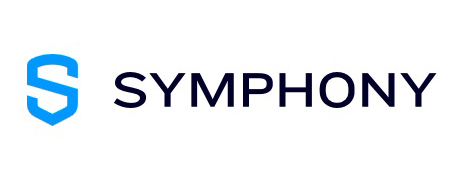
TruSight, the financial industry’s leading provider of third-party risk data, today announced that it has completed a comprehensive risk assessment of Symphony Communication Services, the secure and compliant collaboration platform that has become a key technology infrastructure provider for financial services firms around the world. Symphony’s federated technology was created to enable secure collaboration among the biggest banks and has all of the encryption and monitoring that the financial industry needs from a compliance perspective.
“We welcomed the opportunity to work with TruSight on this assessment,” said Brad Levy, president and chief commercial officer of Symphony. “The rigor and thoroughness of the TruSight evaluation of our collaboration tools engenders trust among our prospective partners by ensuring that we are maintaining the highest level of security and compliance.”
TruSight is a third-party risk management (TPRM) utility platform that facilitates the efficient and cost-effective collection of accurate third-party risk data. Created and backed by five of the largest global financial institutions, the TruSight utility combines best practices and standardization to execute comprehensive risk assessments once and deliver to many over a secure platform. Because the benefits of TruSight’s TPRM utility model are significant for everyone who participates in the financial industry, its risk assessment services are sold to both financial services institutions and to third-party companies that engage with them.
“TruSight serves an important function in the industry by bringing standardization to the risk management process and by improving the quality of risk data,” said Ken Litton, senior managing director, head of corporate & site services at JPMorgan Chase. “By performing standardized assessments of key vendors such as Symphony once and making them available to all, TruSight allows all of us in the industry to devote more time and resources to the more important job of remediating risk.”
The foundation of the utility is the TruSight Best Practices Questionnaire (BPQ), a robust, standardized questionnaire created by TruSight’s founding banks and updated in partnership with its customers and industry experts. The BPQ’s 27 diversified control domains are designed to meet the industry’s assessment needs across the information and cybersecurity, privacy, business resiliency and other operational risk domains.
“As a bank-owned industry consortium, we share the same DNA as Symphony,” said Jonathan Pressman, CEO of TruSight. “Symphony’s collaboration tools are designed to address the unique security and compliance challenges of our highly regulated industry, and having TruSight certify that they meet these requirements is an important milestone for the organization. We appreciate Symphony’s partnership in this effort.”
Related News
- 07:00 am

Settld, the end-of-life admin service, has teamed up with global identity verification and authentication provider, Onfido, for a secure and simplified user verification process.
The integration of Onfido’s AI-powered technology enables users to remotely prove their real identity for Settld’s free web-based bereavement notification service. Once a user’s identity is verified, multiple companies (e.g. banks, utilities, mobile phone, broadband etc) are then notified automatically of a relative’s death with requests to close the deceased's accounts.
Onfido is trusted by numerous banks and financial institutions to combat fraud and ensure compliance with relevant Know Your Customer (KYC) and anti-money laundering legislation.
Onfido assesses whether a user’s government-issued ID is genuine or fraudulent, and then compares it against their facial biometrics, ensuring the person presenting the identity is its legitimate owner and is physically present. Once the user's identity is verified, the bereavement notification is given the green light to be sent to the service provider to process.
Settld CEO Vicky Wilson said: “When bereaved families are using Settld’s website to notify multiple companies of the death of a loved one, we want to give them peace of mind by providing a simple, secure and stress-free service.
“With Onfido, we are providing world-leading customer verification technology, which will reassure our customers - and the service providers we notify - utilities, banks, pension, broadband, TV, mobile, insurers, the list goes on.”
Onfido Chief Product Officer, Kevin Trilli, said: “We’re pleased to be supporting Settld’s digital initiatives, helping users prove their real identity online. Settld customers are able to start their digital journey through a secure and simplified online experience, while service providers have the assurance comprehensive ID checks have been completed when they receive a bereavement notification.”
Related News

Dina-Perla Portnaar and Michel Klompmaker
Experts at Risk & Compliance Platform Europe
When we talk about combating financial-economic crime, we usually tend to keep our eyes closed to two aspects, namely proportionality and the (political) protection of see more









